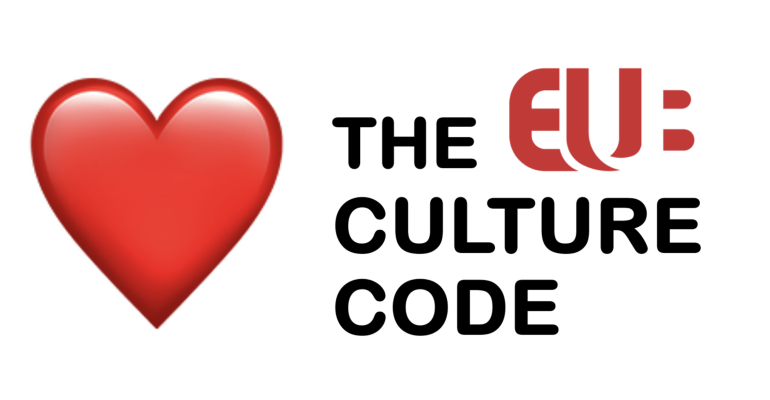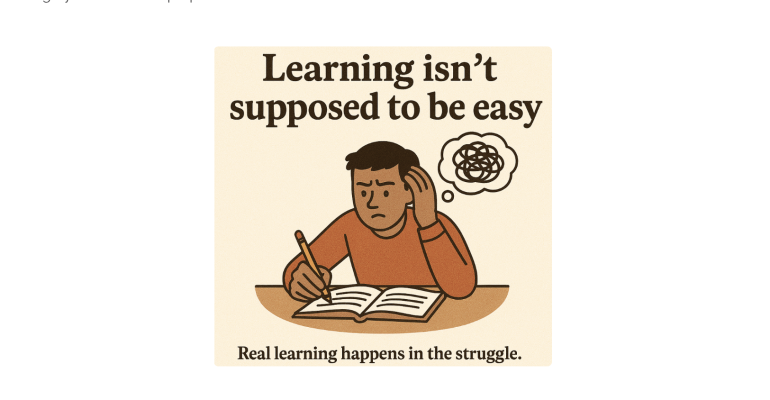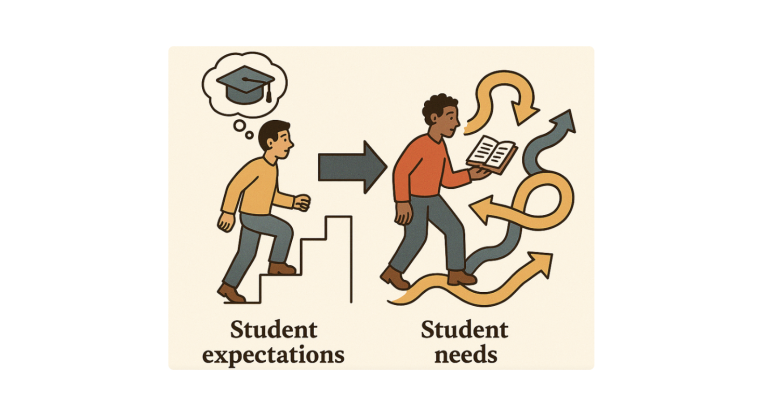The President’s Blog
28/08/2025 2025-09-18 9:37The President’s Blog
The President's Blog
Building for the Hundredth Wave
On our summer holiday, my kids and I played our usual beach game: build a castle near the water and see whose survives longest against the relentless crash of the waves. Their winning move? A moat to channel the water away. A wall to take the hit. Protect the tower at all costs. …
The Signs Are Just the Beginning
You may have noticed banners along Bahrain’s roads this summer. A quiet sequence of words: Hello. Bonjour. Ciao. Hola. Then, gradually, something more: A unique journey. An exceptional experience. Towards a bright future. Join the Elite. …
Culture Happens. Let’s Build One We Love
At Euro University of Bahrain, we’ve never viewed culture as something soft or secondary. For us, culture is the operating system of the university—the way things actually get done when no one is watching. That’s why we’ve taken the time to articulate it, not in the abstract, but in terms of the behaviours, expectations and shared norms that underpin how we work. …
Learning Isn’t Easy. And It’s Not Meant to Be
A recent piece in Times Higher Education raised a concern that deserves attention. As AI becomes more common in universities, we risk something important. Not a loss of control or academic integrity—but a loss of purpose. …
Not Everything That’s Asked For Should Be Given
One of the realities of higher education is that students arrive with very different expectations. Some are focused on the long-term. Others are trying to get through the next step. Some want a full experience. Others are simply looking for a recognised degree and a clear outcome. …
Professor Andrew Nix is the President and CEO of Euro University of Bahrain. He has published more than 600 international papers and successfully supervised 65+ PhD students. He is well-known for his ground-breaking research contributions that shaped the Wi-Fi and Bluetooth standards. More recently, Professor Andrew’s 5G wireless research is globally recognized for tackling societal challenges related to smart cities, urban transportation and digital healthcare.
Categories
Archives
Popular Tags











